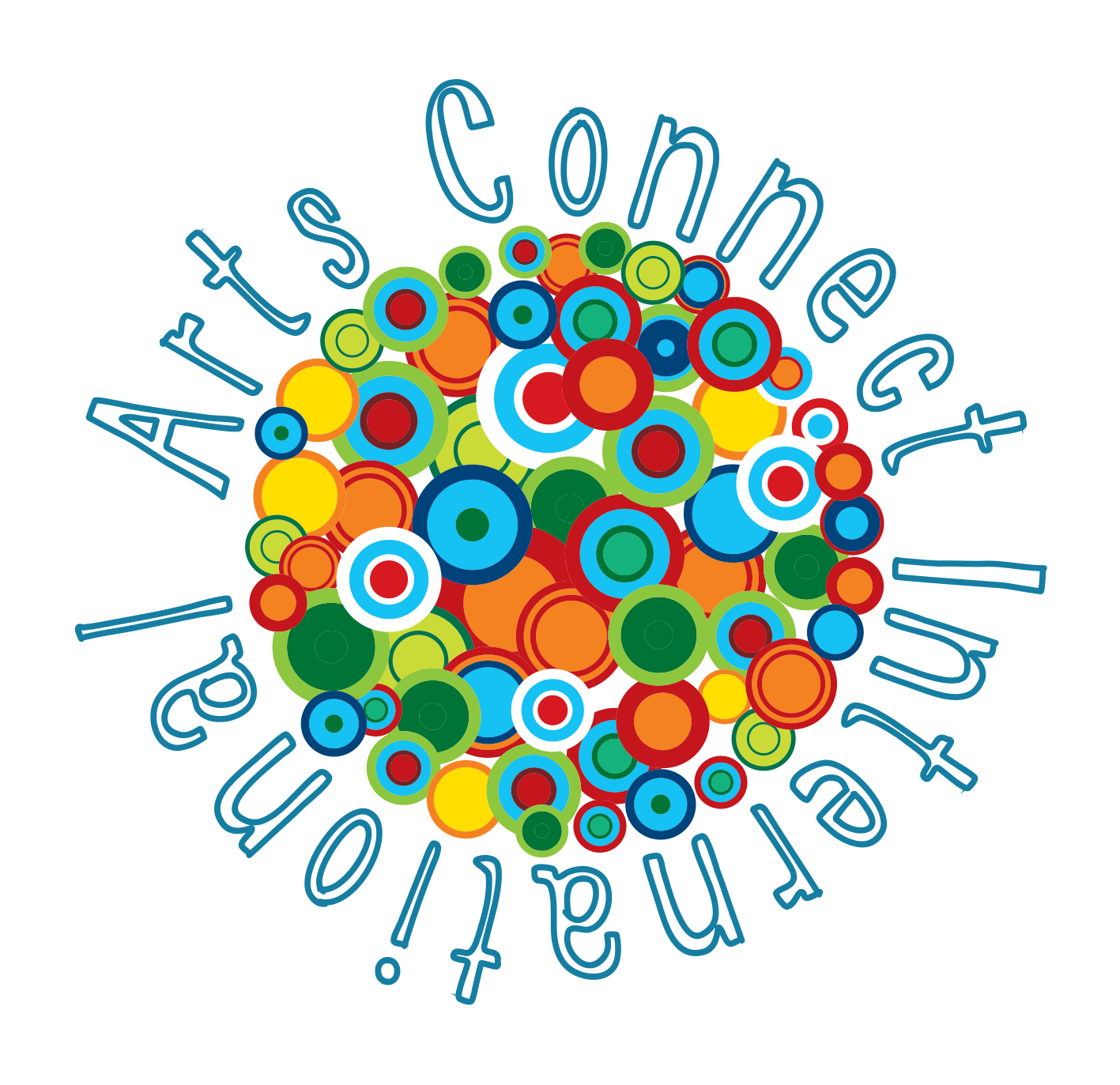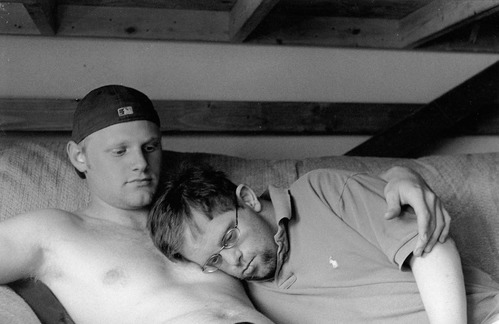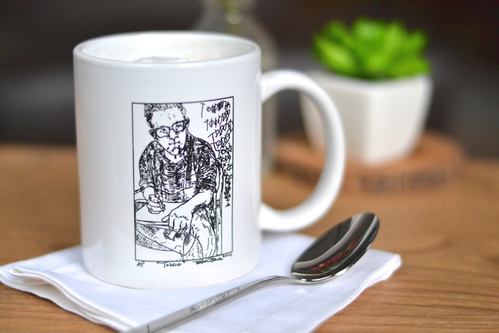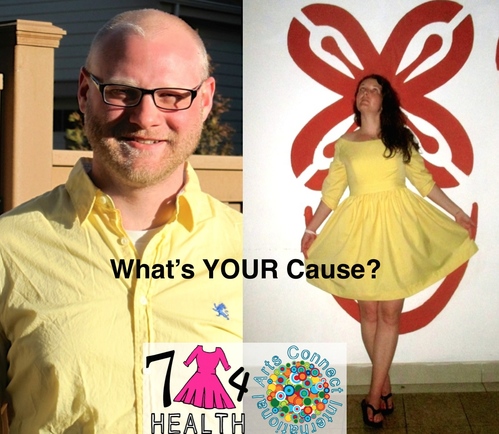Intro to the Guest Blogger: Brian “BB” King holds his master's degree in Educational Psychology from the University of New Mexico and will begin his PhD in Counseling Psychology this upcoming fall at the University of Denver. His research interests include the education, training, and supervision of therapists, the role of cognitive development in therapy, mindfulness-based therapies, as well as psychotherapy outcomes.
Title: The Human Element in Mental Health
In recent years, the United States has seen an increase in public dialogue concerning issues of mental health. Regardless of the causes of this trend- whether this may be due to the implementation of the Affordable Care Act (which now requires mental healthcare to be covered under most insurance plans), the intense media coverage of recent mass shootings and the subsequent speculative correlations made by the media between violence and mental health, or the focus on the non-physical ailments of veterans returning from the United States' recent foreign wars, in addition to many other potential reasons- that it is becoming more commonplace is an encouraging sign, one that has generally served to foster an increase in the public's understanding and awareness of such issues, as well as to reduce the stigma/s sometimes associated with mental health.
These conversations have often centered around clinical diagnoses, to the point where certain acronyms have entered the public's everyday lexicon: PTSD (post-traumatic stress disorder), TBI (traumatic brain injury), and ADHD (attention deficit hyperactivity disorder), for example. Yet such a focus overlooks the aspect of how mental healthcare is actually implemented.
Two of the most common treatments in mental healthcare are psychopharmacology and psychotherapy, quite frequently in conjunction with the other. Of the two, psychopharmacology has received more attention in the American public (again, many people recognize the acronym SSRI- selective serotonin re-uptake inhibitor- the type of drug often used to treat depression and anxiety, and have heard of Ritalin and know of its' use for ADHD) than it's counterpart, perhaps due to it being more readily grasped in our instant-gratification, pill-popping culture (also, the United States is one of only two countries, the second being New Zealand, where pharmaceutical companies can advertise their drugs directly to consumers).
On the other hand, psychotherapy has a Freudian mystique about it which doesn't necessarily lend itself to being quite as easily understood; I posit that this is one reason why psychotherapy has not received equal treatment in this public dialogue concerning mental health. In order to help pull back this Wizard of Oz-like curtain, I hope to explain what I feel is psychotherapy's most influential mechanism of action, the therapist-client alliance, how unconditional positive regard and empathy both serve to establish this alliance, and how each and every one of us can use this knowledge in assisting our fellow human beings with their mental health and well-being.
Research on the psychotherapy process has established that the best two predictors for successful client outcomes are; in order of magnitude, the client's own motivation to change, followed by a positive client-therapist relationship. Whereas the impetus for the former falls primarily on the individual seeking therapy, the therapist can play a significant role in influencing the latter. The late, great humanistic psychologist Carl Rogers championed his client-centered-approach as a means to facilitate this client-therapist alliance. This therapeutic technique hinges largely upon the therapist having both unconditional positive regard and empathy for his or her client. Rogers describes unconditional positive regard as the therapist, “experiencing a warm acceptance of each aspect of the client's experience as being part of that client...it means that there are no conditions [italics original] of acceptance.”
Further, he defines empathy as sensing, “the client's experience as if it were your own, but without ever losing the 'as if' quality...[and] to sense the client's anger, fear, or confusion, as if it were your own, yet without your own anger, fear, or confusion getting bound up in it.” Rogers argues that by the therapist establishing these “necessary and sufficient conditions,” that the “process of constructive personality change will follow” for the client.
As I prepare for my own journey in becoming a psychologist, I'm struck by how the narrative of my own empathy development has helped guide me to the trail down which I now seek to venture. There has been no greater impact upon this development than my relationship with a friend whom I first met in my undergraduate education at Colorado College. I arrived at CC without intentions of pledging a fraternity, yet by the end of my first semester, I had been initiated as a new member of Beta Omega chapter of the Kappa Sigma fraternity. What changed my mind was meeting one of the brothers, Todd Martz, and hearing his story about how this fraternity was different.
Todd was like most other college-aged males: he liked hanging out, flirting with girls, and listening to music. But what distinguished Todd from the other brothers was that he was born with Down syndrome. What began as a fraternity community service project became so much more when Todd, with his parents' blessing, was asked to pledge the fraternity. In doing so, he became the first man with Down syndrome to be initiated into a Greek-letter collegiate fraternity. It's the kind of story that made me re-consider my stereotypes about fraternities. His initiation was not the end, but rather the beginning of this story; afterwards, Todd lived with and was supported by brothers for nearly 20 years.
I had the privilege of supporting Todd for 18 months during my junior and senior years at CC. Often, though, I would wonder who was supporting whom, as I believe Todd taught myself and the other brothers more about life than we ever could have taught him. His lessons included being tolerant of people of all backgrounds, beliefs, and appearances, the importance of personal compassion in caring for others, and treating each person in every moment as the most important person in the world. Put another way, Todd acted with unconditional positive regard and empathy towards all with whom he came into contact. Sadly, Todd passed away this past August. When I attended his memorial service, I was struck by both the breadth and degree of his positive impact on his community. Todd was able to share his message of inclusion with many simply by following his principles of compassion and humanity.
Even before I decided to pursue a career in mental health I, unknowingly, had always played the supportive role of counselor for my friends and family; this was especially the case when they faced difficult life-transitions, grief and bereavement, relationship concerns, questions of the meaning of and purpose in life, and other such issues which typically occur across the lifespan. Since being accepted into my PhD program, I've become highly cognizant of adopting my future professional identity. So when friends have recently reached out to me with such concerns, I've been quick to point out that while this is my future profession, how I have yet to go through the appropriate training and education necessary to fully and adequately give an informed opinion or advice.
Nevertheless, I have still tried to take responsibility for the advice I have given concerning these complex issues and not fled from them by disclaiming expertise; rather, I've embraced what training and education I've received, met them with a friendly demeanor, a discerning ear, and most importantly, an empathetic concern for their present condition and situation in an attempt to aid them through their present issues.
This is an important lesson, I think, for all of us, not just for practitioners of mental health: whenever we encounter people in our daily lives- whether they be friends, family members, clients, or even strangers (perhaps, even, especially strangers)- we can all help each other in regards to our mental health and our general well-being, regardless of our own training or expertise, by adopting a page out of Todd's playbook and treating them with tolerance, friendliness, and empathy.
So the next time you're sharing a meal with a friend, you see a co-worker at the office, or even just while checking out at the grocery store, put your cellphone down and remember one of most Todd's lasting lessons: smile, simply ask full-heartedly, “how are you doing?,” and try to receive that person's response with the humanity they deserve. One can see how such a straightforward human interaction can easily serve to benefit us all, because, according to the psychologist Harry Stack, “we are all much more simply human than otherwise, be we happy and successful, contented and detached, miserable and mentally disordered, or whatever.” And if the situation is appropriate, Todd would suggest that at the conclusion of your encounter, you give 'em a hug.*
“Give 'em a mug! Erin Jones Art, Wooglin's Deli, and Pamela Rinn have teamed up to offer these great mugs as a fundraiser to support the Host Home Provider Connection and the National Down Syndrome Congress. Both were very important organizations to Todd and our family. One side of the mug has Erin's awesome artwork and the other has Todd's favorite saying “Give 'em a hug!” Mugs can be purchased at Wooglin's Deli in Colorado Springs, or by contacting Pamela Rinn at prinnhhpc@yahoo.com to have one shipped.”
-Meredith Martz-Luttrell (Todd's sister)
Call to action: Do you have important information around one of our seven causes: HIV/AIDS, Mental Health, Nutrition, Heart Disease, Maternal Child Health, Cancer, Disability, that you want to share with a wider audience? Do you or a loved one currently live and/or struggle with one of these causes? Do you work in research, advocacy, prevention, treatment or care? We want to hear from YOU! Write to us today: 7dresses@artsconnectinternational.org to become a featured blog writer. Another way to get involved is to wear the color of the day in solidarity. Take a picture of yourself in the color of the day and Tweet it @ArtsConnectInt, tag us on Instagram @ArtsConnectInt, or send it to us on Facebook.
About 7 Dresses 4 Health (7D4H): 7D4H is a year-long arts and health education campaign lead by visual artist, Marian Brown, in conjunction with Arts Connect International. The objective of the campaign is to promote inclusive community practices through adDRESSing health artistically and collaboratively. To learn more about the genesis of the project, read Marian’s New Year Blog.
About today's look: All of the dresses for 7 Dresses 4 Health were designed and sewn by Kim's Fashion Design. Love the look? Visit Kim at 100 Huntington Ave, Boston MA 02116, call her at (617) 267-9299 or email her: info@kimsfashion.com. Mention 7 Dresses 4 Health for a special discount!
Campaign Update (2017): All 7 Dresses 4 Health blogs were migrated from a former site, so the sharing analytics are inconsistent from when they were first published. We apologize to our guest bloggers, and readers, for this inconvenience. That said, the campaign garnered an average of 5K hits per blog, over 500,000 readers throughout 2015! Additionally, the average number of shares per guest blog was over 150x on social media (through Facebook and Twitter). Thank you for making this incredible campaign possible - and for all that it was for so many. With gratitude, Marian & the ACI Team




